Author Lionel Shriver "just didn't want them"; while Oscar-winning actress Dame Helen Mirren said it was "not her destiny". These women are talking about their decision not to have children.
A new German study may have found that having kids may not necessarily make you happier, but why are some men and women choosing a life without kids?
Yang-En Hume and her husband Jeff have been married for five years. While Jeff didn't really feel strongly about children, she was clear from the beginning of their relationship that she didn't want them.
"For as long as I can remember the thought of being a mother horrifies and repulses me. The thought of being pregnant fills me with disgust. I hate the idea of having a human living inside my uterus, I hate the idea of birthing a human being, you know, through the natural process. I hate the idea of breast feeding, the entire biological process makes me feel very anxious," the artist and high school teacher said.
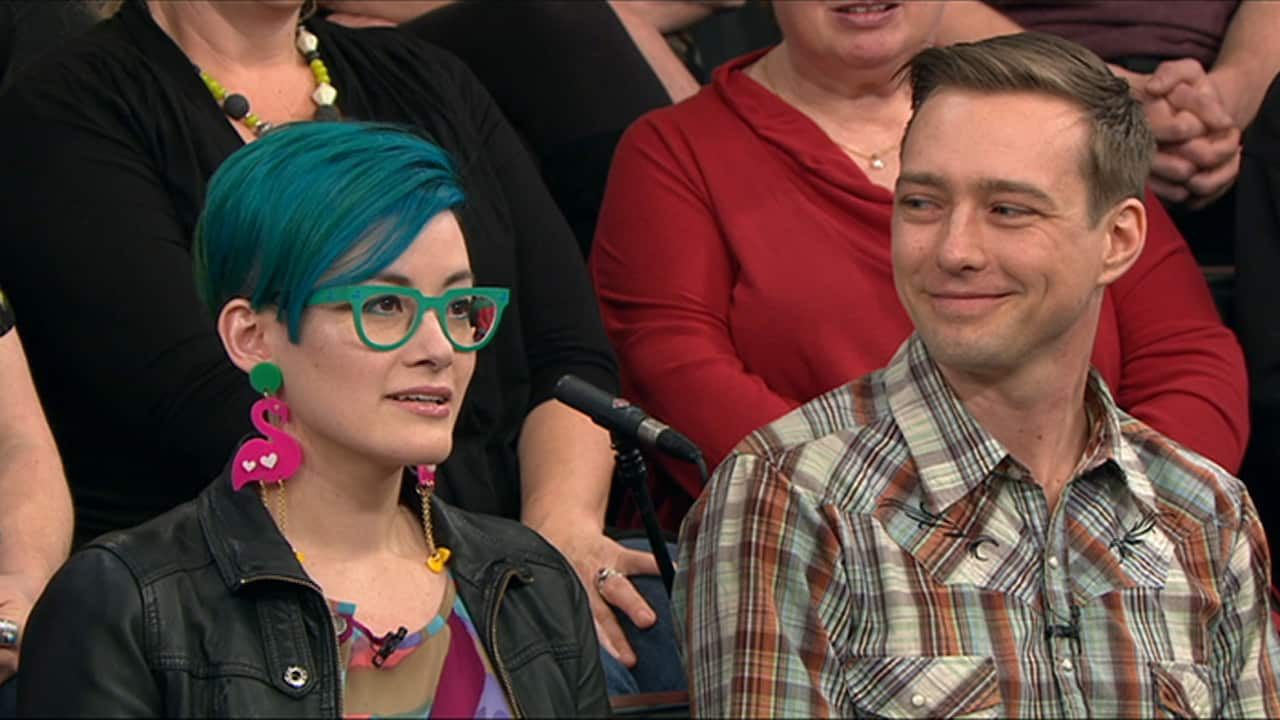
For Larry Tofler, he decided against becoming a father because of the environmental impact he feels overpopulation will have on the planet.
"We have about three times as many people born every day and the thing is the only way nature can restore that balance is by increasing death rates and we can just use our intelligence and do it ourselves by reducing birth rates," he said.
Tofler came to the decision in his twenties and loves the freedom it has afforded him. He has been able to retire young and travel the world.
"My dad's very conscientious about being unselfish and living an unselfish life and on first impressions the child free option can appear to be a selfish option and I think often it is a selfish option but I think that the decision to reproduce is always a selfish option. I mean you're not reproducing for the sake of the child because the child doesn't exist at the time of your decision."
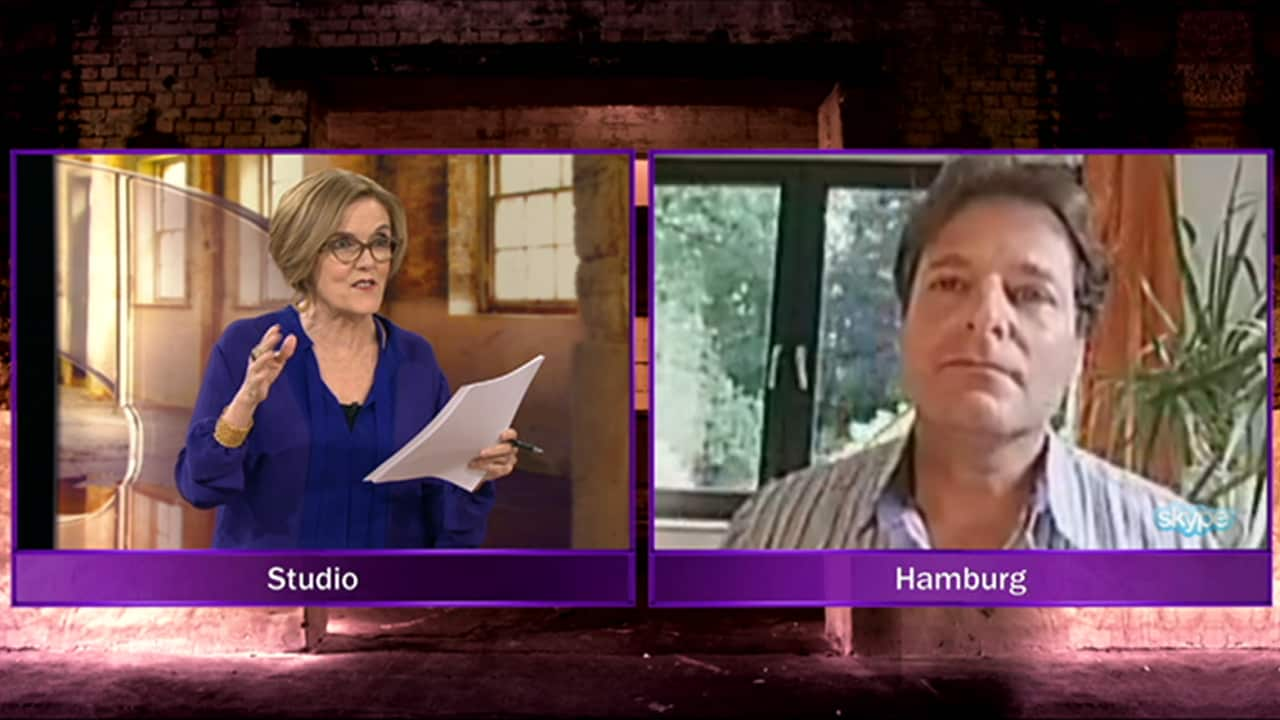
In the early noughties, the then Treasurer Peter Costello was so concerned about the decline in national fertility, he urged families to have at least three children as he spruiked the introduction of the baby bonus.
"I encourage people who can, if you have the opportunity, if you're young enough, to have one for mum, one for dad and one for the country," Costello said in an interview with Channel Nine's Laurie Oakes.
A decade later, it looks like the child trend is still on the slide.
The ABS predicts that the number of couple families without children is set to overtake those with children in either 2023 or 2029.
As well, child-free couple households will increase by 1.4 million to 3.5 million, over the 2006-2031 period.
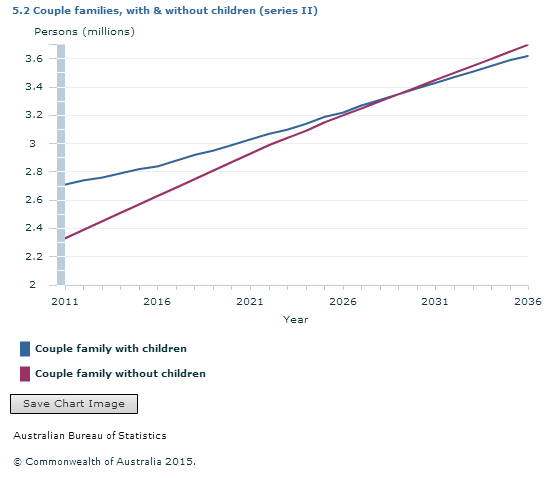
Whatever people's reasons are, what does an evolutionary biologist think about whether there is any genetic basis not to have children?
University of Melbourne's Dr Mark Elgar said he thinks humans as biological organisms are probably the only species to have the capacity to make those kinds of reproduction decisions.
"For example, in Australia we have a lot of species of birds called cooperative breeders and many females will delay reproducing and help mum and dad reproduce or help raise brothers and sisters. And of course in a bee colony you've got a single queen and lots and lots every workers are all busy helping her reproduce but they're not saying 'mm, don't think I want to be a queen, I'll be a worker instead'. So they're not making those decisions."
Elgar said this is what differentiates humans from other species but says the reasons why might be more in the realm of social social psychology than evolutionary biology.
"If you've been in an environment in which the norm is not to have children, then I think that it's not particularly surprising then if that has a very profound effect on the decisions you make. Although I think as you said earlier on, sometimes as a young people you tend to regale against your parents' views but not always," Elgar said.
While a parent himself, Elgar wants to remind everyone that we should be more understanding to opposing choices in this whole child-free debate.
"You can't help feeling that this is in part perhaps insecurity on the part of people who do have children to affirm their choice by in some way questioning the choice of others."
"I think that is [sic] so distressing to hear is the number of people who feel, somehow are made to feel badly about making that decision and how the onus is actually on them to explain themselves and my view is no, the onus is absolutely on the other people.
"How dare they ask or judge whether you do or don't have children? I mean I have children and adore them but that doesn't necessarily mean that my decision to [have] children should be reinforced by bagging those people that haven't had children. I find that a very perplexing thing that people would want to do."
"You can't help feeling that this is in part perhaps insecurity on the part of people who do have children to affirm their choice by in some way questioning the choice of others. It must be a terrible burden not to feel free of those kinds of pressures. I think part of the dialogue could also come back to why people feel so strongly that, or react the way they do to people who make that decision."
RECOMMENDED READING
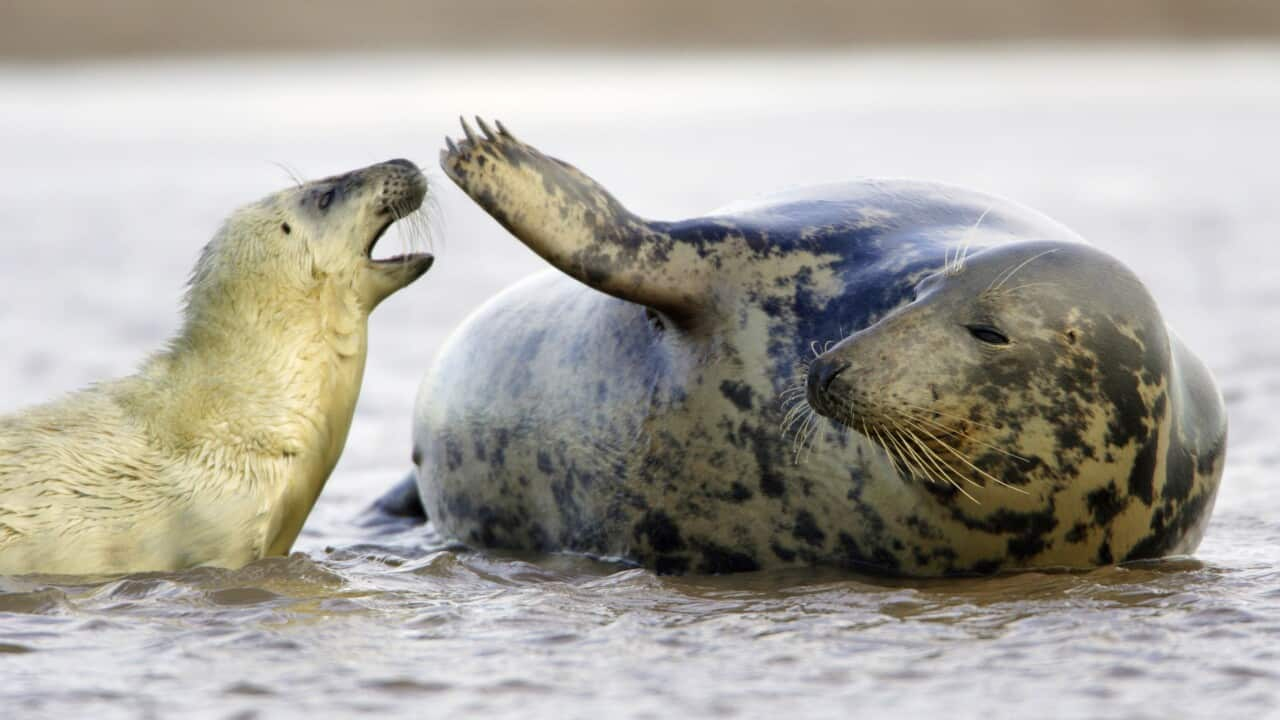
Comment: People who don't want kids deserve respect
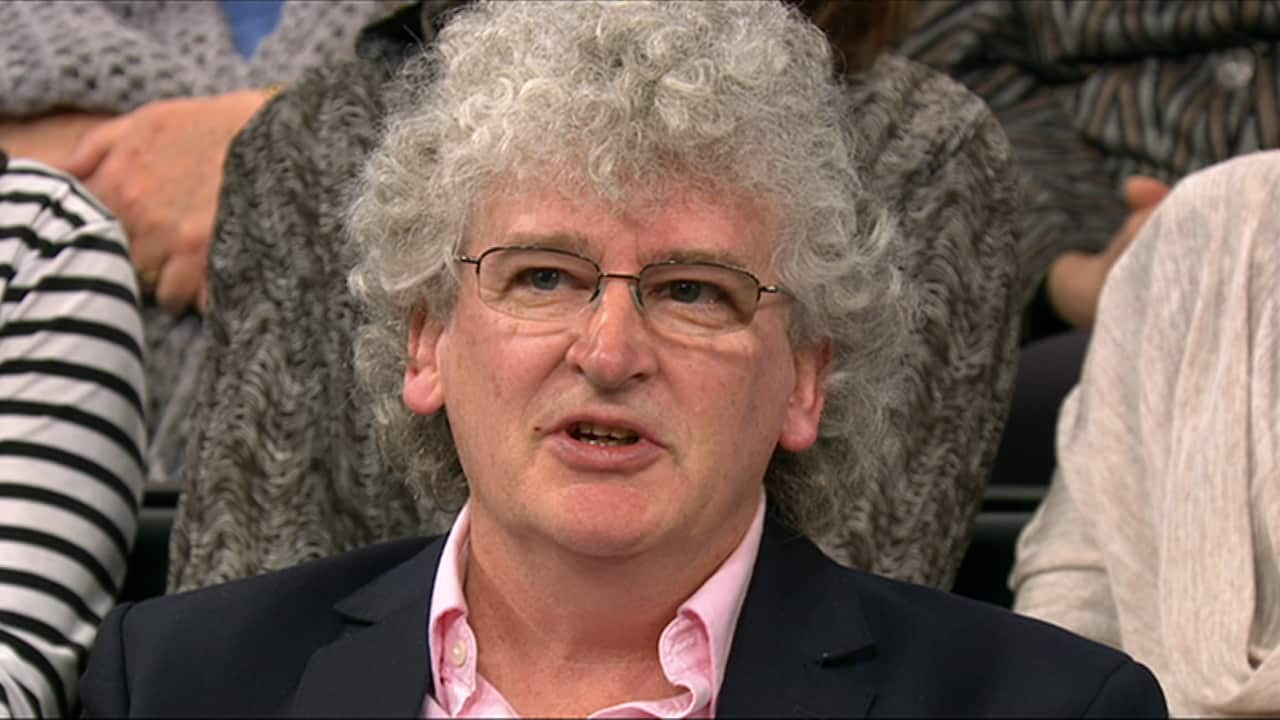
Hume tells SBS Insight she doesn't like how women are viewed only as mothers once they've had a kid.
"I'm highly introverted and the thought of having these human beings very dependent on me and needing my presence all the time makes me feel very stressed. I hate the idea … I feel like in our culture women want to have children and their achievements mean nothing, they're reduced to their roles as mothers."
Tofler said while he can imagine there being positive aspects of child rearing that he's potentially missing out on, he's not sure exactly what they are.
"I'm also 50, I don't have any regrets so far. Maybe I will one day, but really I think having a child today, for any person to create another person is probably the worst thing we can be doing to the planet right now and especially in an overindulgent wealthy country like Australia," he adds.
Insight is Australia's leading forum for debate and powerful first-person stories offering a unique perspective on the way we live. Read more about Insight
Have a story or comment? Contact Us


